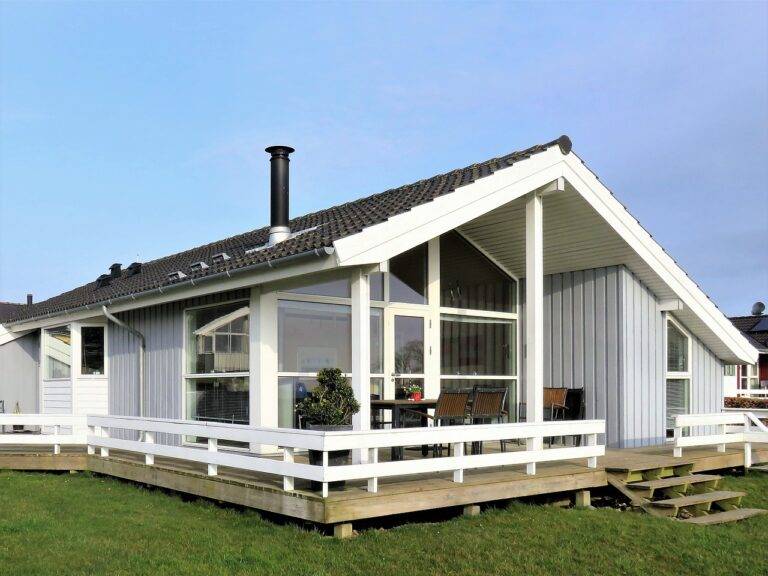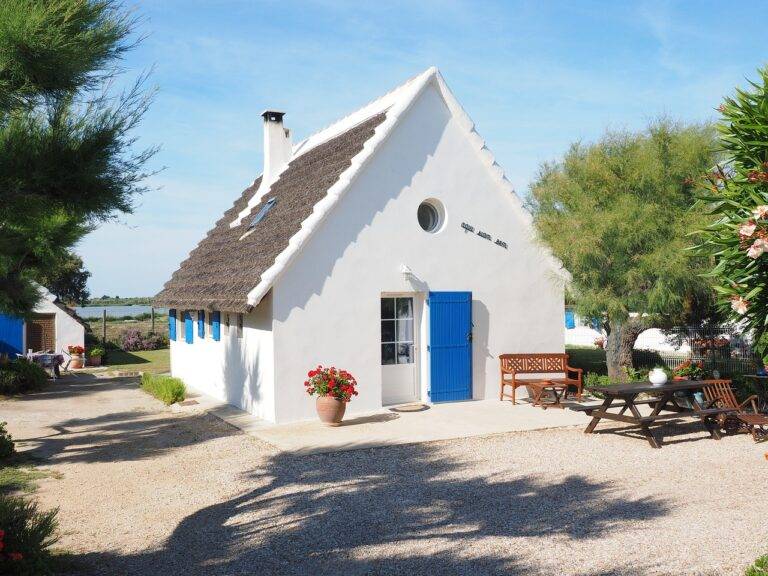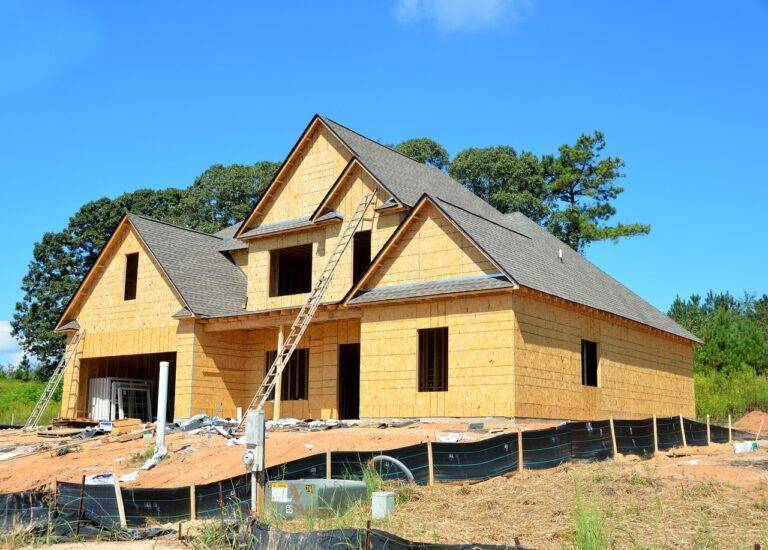The Impact of Geothermal Heating in Home Improvement
One notable advantage of incorporating geothermal heating systems in home improvement projects is their remarkable energy efficiency. Unlike traditional heating systems that rely on burning fossil fuels, geothermal systems tap into the constant temperature of the earth below the surface to heat homes. This results in significantly lower energy bills for homeowners, as geothermal heating requires less electricity or gas to operate, making it a cost-effective and sustainable alternative.
Another benefit of geothermal heating systems is their eco-friendly nature. By utilizing the Earth’s natural heat, these systems produce minimal greenhouse gas emissions compared to conventional heating methods. This environmentally-conscious approach not only reduces the carbon footprint of the household but also contributes to the overall effort of combating climate change. In addition, geothermal systems have a longer lifespan than traditional furnaces, resulting in fewer replacements and lower maintenance costs over time.
How Geothermal Heating Works in Residential Settings
Geothermal heating in residential settings harnesses the natural heat stored underground to warm homes efficiently and sustainably. This renewable energy source takes advantage of the earth’s consistent temperature below the surface, typically around 50-60 degrees Fahrenheit, to provide heating in the winter and cooling in the summer.
A geothermal heating system works by circulating a water-based solution through a series of underground pipes called loops. These loops are buried deep in the ground where the temperature remains stable throughout the year. As the solution flows through the loops, it absorbs heat from the ground in the winter and releases heat back into the ground in the summer, effectively transferring warmth into the house during colder months and extracting heat during warmer months.
Advantages of Using Geothermal Energy for Heating in Homes
Geothermal energy offers numerous advantages for heating homes. One key benefit is its sustainability – geothermal systems rely on the Earth’s natural heat, which is a renewable resource. This means homeowners can reduce their carbon footprint and energy bills while enjoying a consistent source of warmth throughout the year.
Additionally, geothermal heating systems have a longer lifespan compared to traditional heating methods. With proper maintenance, these systems can last for decades, providing a reliable heating solution for homeowners. This can result in cost savings over time and less frequent need for repairs or replacements, making geothermal energy a practical and efficient choice for residential heating.
Geothermal energy is a sustainable and renewable resource
Reduces carbon footprint and energy bills for homeowners
Provides consistent source of warmth throughout the year
Geothermal heating systems have longer lifespan compared to traditional methods
Proper maintenance can extend system lifespan for decades
Cost savings over time with less frequent need for repairs or replacements
What are the main benefits of using geothermal heating systems in home improvement?
Geothermal heating systems are highly energy efficient, environmentally friendly, and can provide consistent heating throughout the year without relying on fossil fuels.
How does geothermal heating work in residential settings?
Geothermal heating systems use the stable temperature of the ground to heat and cool homes through a network of underground pipes filled with a water and antifreeze solution.
What are some advantages of using geothermal energy for heating in homes?
Some advantages include lower energy bills, reduced carbon footprint, minimal maintenance requirements, and eligibility for tax incentives and rebates.
Is geothermal heating suitable for all types of homes?
Geothermal heating can be a cost-effective option for most homes, but factors such as available land space and soil conditions may influence the feasibility of installing a geothermal system.
How long does a geothermal heating system typically last?
Geothermal heating systems are known for their durability and can last upwards of 25 years with regular maintenance, making them a long-term investment for homeowners.







